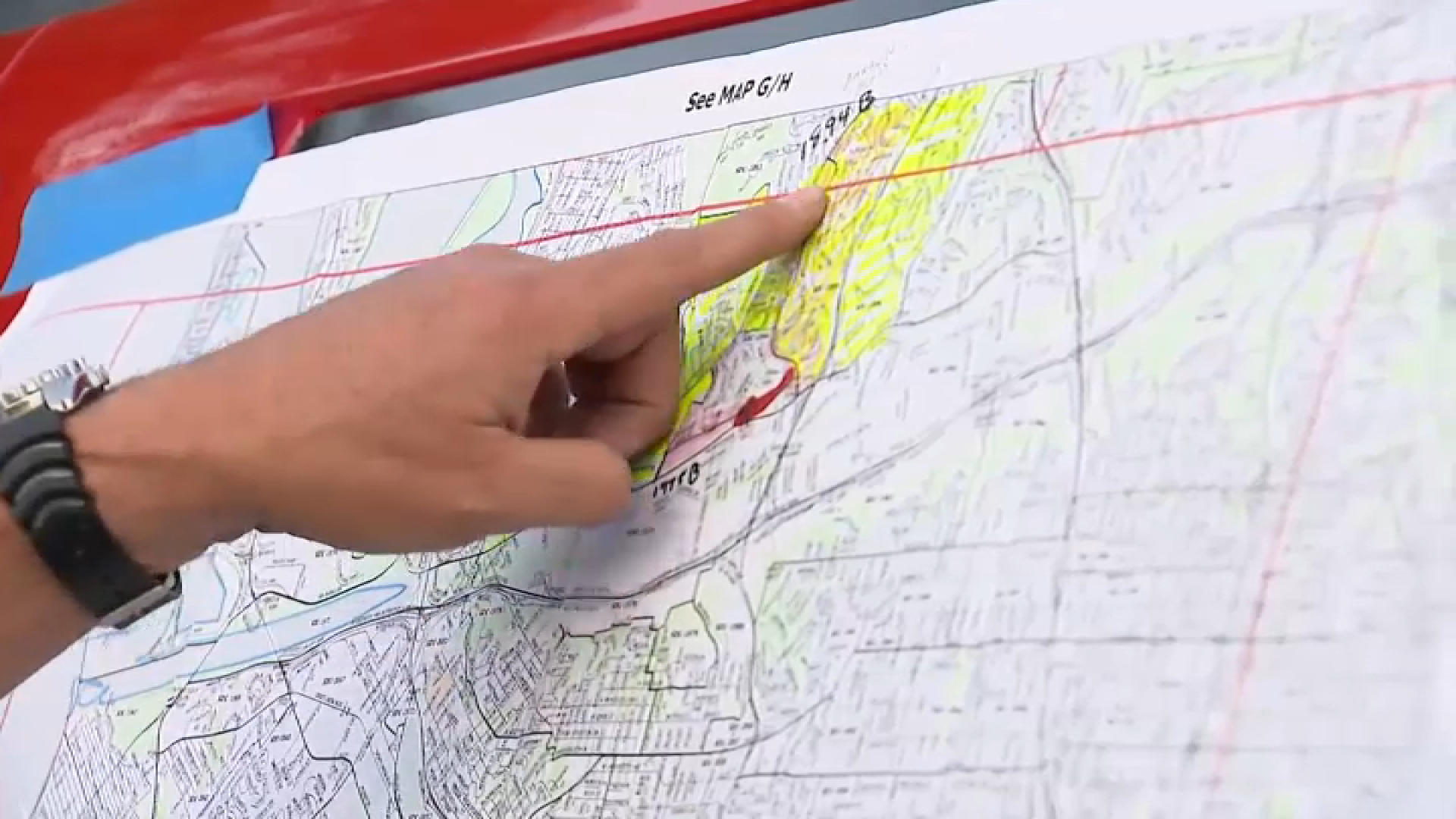Attorneys for Richard Tuite, the man accused in the brutal murder of Stephanie Crowe, claim one person could not have committed the crime and pointed to the Escondido girl’s brother and his friends as the killers.
On Jan. 21, 1998, the 12-year-old was found dead in her family’s home. She had been stabbed 9 times in her bed and then collapsed in her bedroom doorway.
Escondido police investigators first arrested and charged Michael Crowe and his friends Joshua Treadway and Aaron Houser. A judge later threw out the charges ruling the confessions were coerced. Crowe and Treadway were later found to be factually innocent of the crime.
When San Diego County Sheriff’s Department investigators took over the case, prosecutor Alana Butler said they took a fresh look at the case and focused on Richard Tuite, a transient who neighbors said was acting strangely in the neighborhood before Stephanie’s murder.
A mentally-ill transient, Tuite was convicted in 2004 of voluntary manslaughter and sentenced to state prison. Eight years later, a federal appeals court voided Tuite's conviction and ordered a new trial.
On Thursday, Tuite's defense provided a new theory on what may have happened to Stephanie Crowe.
“Of the 9 stab wounds that Stephanie suffered, they were all in a small area about 9 inches in diameter in her comforter,” said defense attorney C. Bradley Patton.
Patton claims a crime scene analyst used a mannequin and Stephanie’s bed to recreate the stab wounds and will testify that they believe one person held a comforter to Stephanie’s mouth to keep her quiet while another person stabbed her repeatedly.
Jurors learned about the details of the controversial case in opening statements. Each side spoke of the interrogation of Michael Crowe, Treadway and Houser.
Local
Butler described Treadway as a “people pleaser” who cracked under the pressure of two marathon-long interview sessions, confessing to a crime just to please Escondido police.
According to Patton, the teenager told officers Michael killed his sister out of pure hatred. Patton also described Aaron Houser’s collection of swords, axes and knives and read some of Michael Crowe’s writings who was 14 years old at the time.
Among the writings was a Haiku: “Michael, Loves Black, Sneering, Running, Learning, Black Hearted, Angry, Mad, Sneer, Combat Training, Conquer, Tyrant, Crowe.”
Prosecutors showed jurors an image of Tuite wearing a red shirt and a white undershirt. Butler said both shirts were found to have Stephanie’s blood on them.
The defense claims the blood was transferred onto Tuite’s shirts over time by investigators in the case.
Several witnesses saw Tuite in the neighborhood acting strangely, yelling, looking into homes and asking for a woman named Tracy, Butler said.
The Crowe family often left their laundry room unlocked giving Tuite easy access to Stephanie’s bedroom, she told jurors.
She also showed the contents of Tuite’s pockets when he was stopped by police. He had a cough drop wrapper that matched a bag of cough drops on the Crowe’s kitchen counter.
However, Tuite’s attorney disputed the laundry door was unlocked that night and said the only possible entry for Tuite would’ve been the sliding door in the parents’ room.
“[Investigators] looked for any evidence, trace evidence of somebody other than family members being in that house. Prints, hairs, fabric, DNA, they checked the sheets, blankets from that bed, clothes, Mr. Tuite’s clothes,” Patton said. “They found nothing. Nothing related to Mr. Tuite being in that residence.”
Prosecutors say the medical examiner estimated the time of the death around 10 - 10:30 p.m. Defense attorneys dispute the time of death.
Judge Frederic Link will hear the case. On Thursday, he told jurors to avoid any media coverage of the case and report back to court Monday for the beginning of testimony.
The teenagers in the case are now young men. Their interrogations have been featured on a number of national television shows from National Geographic to Oprah.
Houser filed a lawsuit against four Escondido police officers, an Oceanside police officer, and a psychologist and settled for an undisclosed amount in 2011.
The Crowe family received a $7.2 million settlement in November 2011 in a civil suit against the cities of Oceanside and Escondido. They also reached a settlement for nearly $1 million in a separate case against a psychologist.



